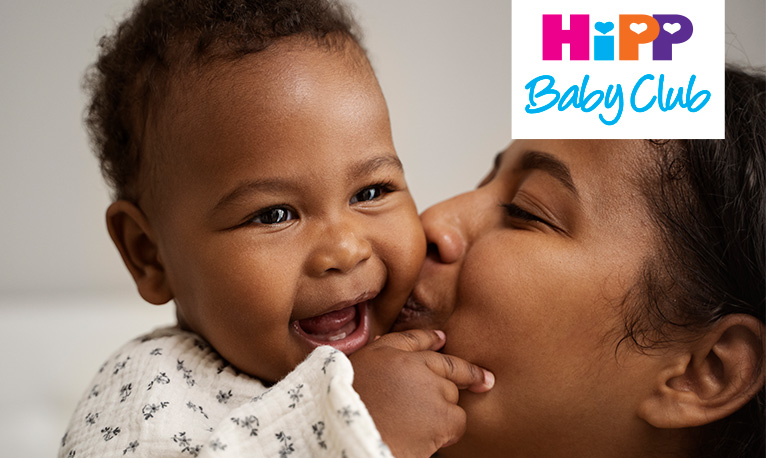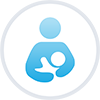Week 39
In week 39, it’s all about stopping, resting and waiting – most babies are born in this week of pregnancy. You’re now in the third week of the tenth month of your pregnancy, which will be over very soon.
Your baby is now about 50 cm long, about as big as a watermelon, and weighs roughly 3250 grams. On average, newborn babies weigh between 3200 and 3500 grams and are 50-52 cm long – whether your baby is longer/shorter or heaver/lighter than that depends predominantly on their genetic make-up and when they’re born.
Packed and ready to go...
You’ve hopefully got your labour bag packed, but you might also want to think about what clothes you’d like to come home in. Unfortunately, you probably won’t be able to get rid of those maternity clothes straight away; it can take several months to get your old shape back (or something close to it, anyway). Take your time, and be kind to yourself – don't be fooled by celebrities who seem to bounce back within days, it doesn't work that way for most people!
Are you having an elective caesarean?
If you are having an elective caesarean, then it's most likely scheduled for this week. Why? It's a question of timing: your baby's lungs are fully formed now, but you probably won't have gone in to labour naturally yet.
Remember, even if you're having a caesarean, you can still make a birth plan to let your doctor know your wishes during the birth. Our handy HiPP birth plan template can help make this job easier.
What it’s like for the mum-to-be in week 39
By now pregnancy is a real burden for many pregnant women, and you want nothing more than for birth to finally begin. This is a good thing, and it’s actually helpful because it gradually takes away the fears you may have had about giving birth.
In week 39, your baby might be very active or very quiet – experiences can vary (even during the birth, some babies move around a lot while others look like they’re sleeping). However, you should be able to feel your baby at irregular intervals.
Cold symptoms
As your body is focusing all its energies on preparing for birth, your immune system isn’t quite as resilient as usual and you might notice minor cold symptoms. However, don’t worry about it – they won’t get in the way of you giving birth, and they won’t harm your child because their immune system is already working.
How to tell you’re about to give birth
You'll be listening to your body all the time, and you’re likely to interpret anything that happens as a sign that you’re about to give birth, such as a pulling sensation in your abdomen, headaches, discharge or nausea. These are usually preliminary contractions, and although they may make you think the time has come, don’t be fooled. Only certain symptoms, such as feeling nauseous together with getting diarrhoea or serious stomach aches, are signs that your baby is about to be born.
Tingling in your legs
You might sometimes get a tingling feeling in your legs, as if ants were running all over them. This is a result of the weight of your baby and uterus, which puts pressure on the nerves in your lesser pelvis and disrupts their work. They then send false information to your brain, causing these phantom sensations. At this advanced stage of pregnancy, this symptom is completely normal and requires no treatment: as soon as you give birth, it’ll go away and you won’t feel the tingling anymore, as your nerves begin to work normally again.


